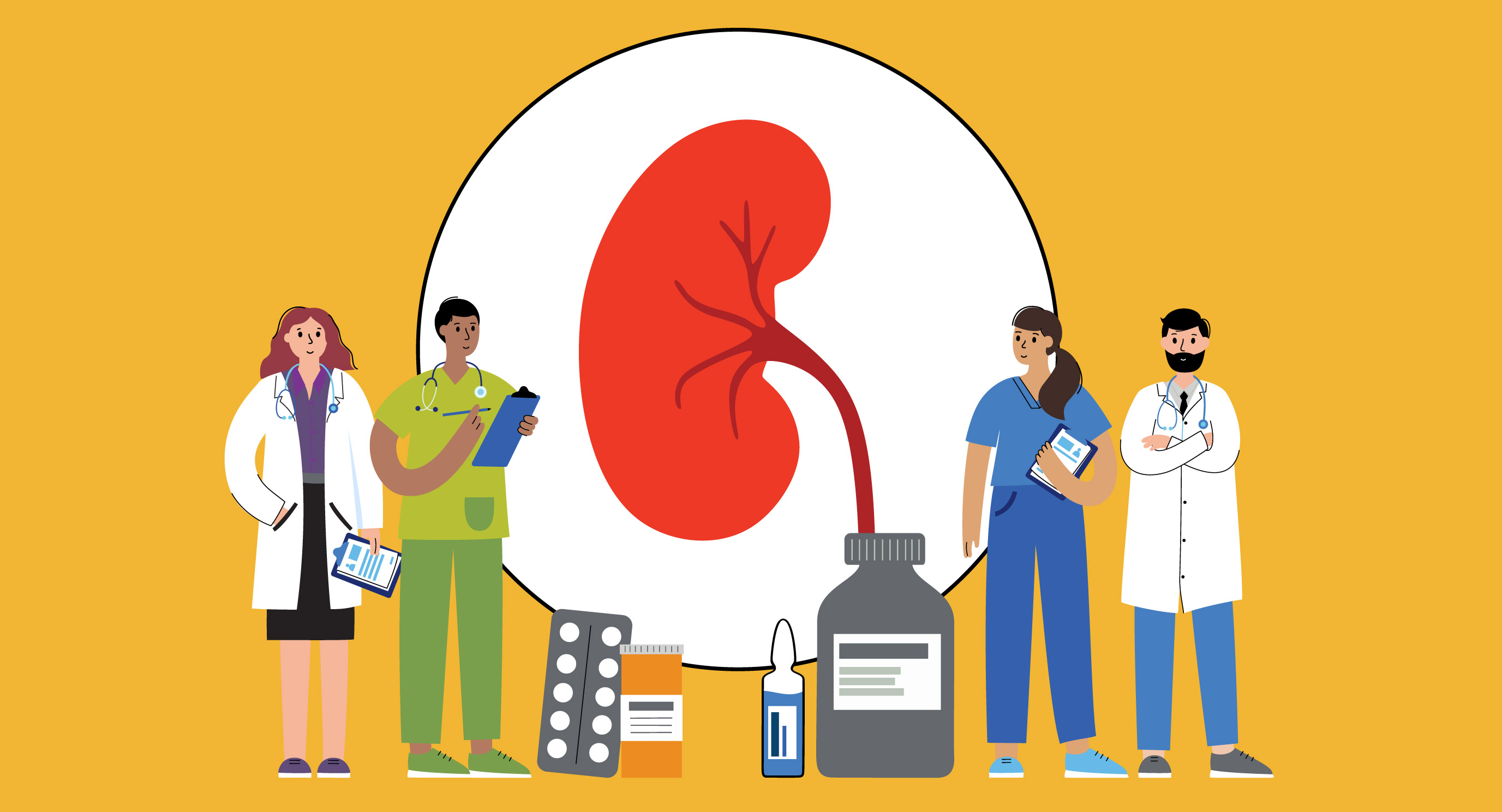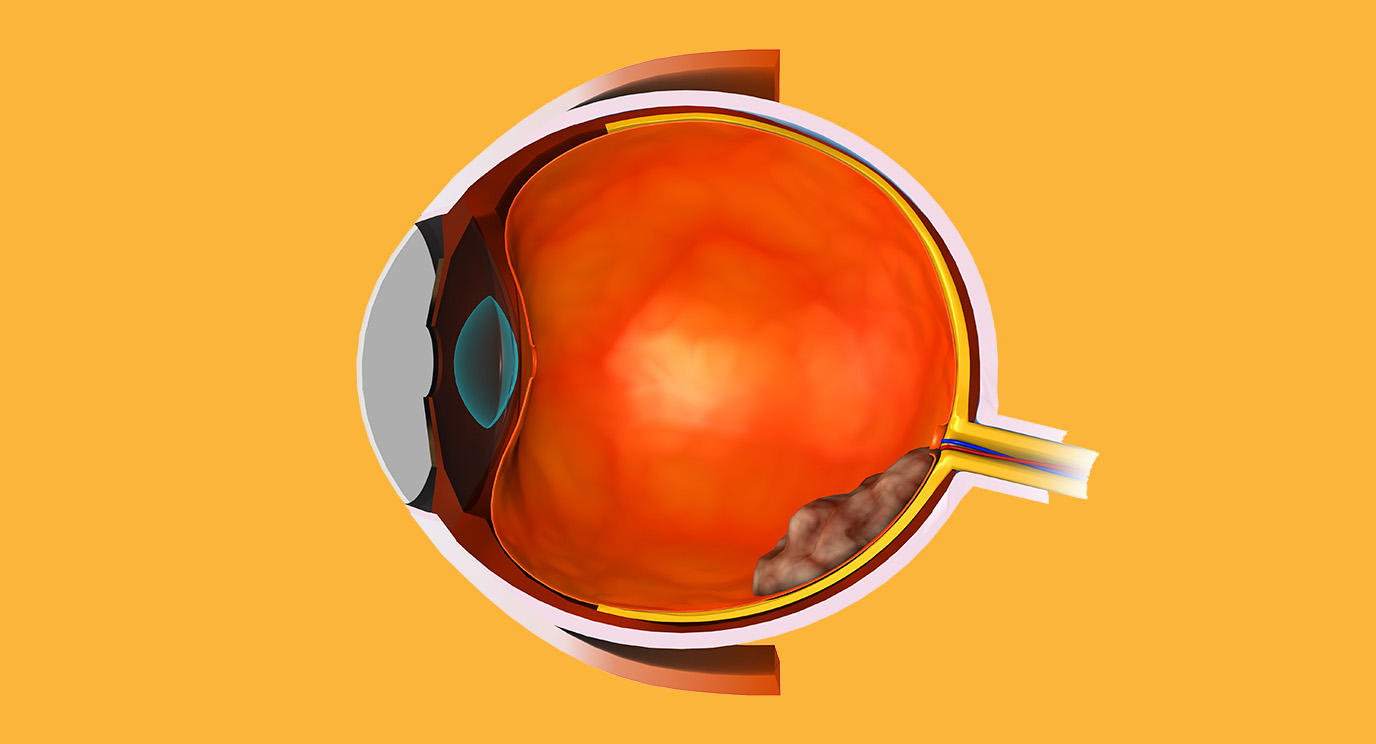- Diseases
- Acoustic Neuroma (14)
- Adrenal Gland Tumor (24)
- Anal Cancer (66)
- Anemia (2)
- Appendix Cancer (16)
- Bile Duct Cancer (28)
- Bladder Cancer (68)
- Brain Metastases (28)
- Brain Tumor (228)
- Breast Cancer (714)
- Breast Implant-Associated Anaplastic Large Cell Lymphoma (2)
- Cancer of Unknown Primary (4)
- Carcinoid Tumor (8)
- Cervical Cancer (154)
- Colon Cancer (164)
- Colorectal Cancer (110)
- Endocrine Tumor (4)
- Esophageal Cancer (42)
- Eye Cancer (36)
- Fallopian Tube Cancer (6)
- Germ Cell Tumor (4)
- Gestational Trophoblastic Disease (2)
- Head and Neck Cancer (6)
- Kidney Cancer (124)
- Leukemia (344)
- Liver Cancer (50)
- Lung Cancer (288)
- Lymphoma (284)
- Mesothelioma (14)
- Metastasis (30)
- Multiple Myeloma (98)
- Myelodysplastic Syndrome (60)
- Myeloproliferative Neoplasm (4)
- Neuroendocrine Tumors (16)
- Oral Cancer (100)
- Ovarian Cancer (170)
- Pancreatic Cancer (166)
- Parathyroid Disease (2)
- Penile Cancer (14)
- Pituitary Tumor (6)
- Prostate Cancer (144)
- Rectal Cancer (58)
- Renal Medullary Carcinoma (6)
- Salivary Gland Cancer (14)
- Sarcoma (236)
- Skin Cancer (294)
- Skull Base Tumors (56)
- Spinal Tumor (12)
- Stomach Cancer (60)
- Testicular Cancer (28)
- Throat Cancer (90)
- Thymoma (6)
- Thyroid Cancer (98)
- Tonsil Cancer (30)
- Uterine Cancer (78)
- Vaginal Cancer (14)
- Vulvar Cancer (18)
- Cancer Topic
- Adolescent and Young Adult Cancer Issues (20)
- Advance Care Planning (10)
- Biostatistics (2)
- Blood Donation (18)
- Bone Health (8)
- COVID-19 (362)
- Cancer Recurrence (120)
- Childhood Cancer Issues (120)
- Clinical Trials (622)
- Complementary Integrative Medicine (24)
- Cytogenetics (2)
- DNA Methylation (4)
- Diagnosis (226)
- Epigenetics (6)
- Fertility (62)
- Follow-up Guidelines (2)
- Health Disparities (14)
- Hereditary Cancer Syndromes (122)
- Immunology (18)
- Li-Fraumeni Syndrome (8)
- Mental Health (118)
- Molecular Diagnostics (8)
- Pain Management (64)
- Palliative Care (8)
- Pathology (10)
- Physical Therapy (18)
- Pregnancy (18)
- Prevention (886)
- Research (388)
- Second Opinion (74)
- Sexuality (16)
- Side Effects (602)
- Sleep Disorders (10)
- Stem Cell Transplantation Cellular Therapy (216)
- Support (404)
- Survivorship (322)
- Symptoms (186)
- Treatment (1770)
Sugar, insulin resistance and cancer: What’s the link?
4 minute read | Published June 21, 2021
Medically Reviewed | Last reviewed by an MD Anderson Cancer Center medical professional on June 21, 2021
The metabolic processes that help your body use food for energy and nourishment are extremely complex. The hormone insulin is a key player.
When you eat, sugars from the food enter your bloodstream, which triggers your pancreas to release insulin. That insulin helps the sugar get into your cells to be used for energy. The insulin then ushers any extra sugar to your liver to be stored for later. Insulin also helps your body break down and use lipids, or fats.
The amount of insulin in your body goes up and down according to how much sugar is in your bloodstream. But several factors can make your cells resistant to insulin. As a result, your blood sugar and insulin levels will be chronically elevated.
To explain why this can happen, why it matters and what you can do about it, we talked to Beverly Rodgers, a senior clinical dietitian at MD Anderson League City.
What causes insulin resistance?
Research shows that if you are overweight or obese, especially if you carry your weight around your midsection, you’re more at risk for insulin resistance. That’s why we measure waist circumference.
But even if you are not overweight or obese, a diet high in fat and refined sugar increases your risk.
Our bodies are always trying to be in balance. Obesity, lack of exercise and too much dietary sugar and fat make that harder to achieve. When you are insulin resistant, sugar, lipids and insulin levels cannot achieve the proper ratios.
Over time, too much blood sugar and elevated insulin levels increase your risk for a host of health problems, including Type 2 diabetes, kidney failure, fatty liver disease, vascular disease and cancer.
How does insulin resistance affect cancer risk?
It has to do with fat, especially the fat around your waist and organs. If you are insulin resistant, you are more likely to create fat cells and not be able to break down fat cells. The resulting weight gain, inflammation and hormone disruptions raise your risk for up to 13 types of cancer.
Independent of weight, insulin increases cell production and reduces cell death. That means there is more opportunity for something to go wrong and cancer to develop. Long-term increased insulin raises your risk for breast, prostate and colorectal cancers. There are really good studies that show that changing your lifestyle habits, including eating well, staying active and maintaining a healthy weight, really decreases that risk for those three cancers.
What can you do to prevent insulin resistance and related cancers?
You can prevent and even reverse insulin resistance through weight management, exercise and healthy food choices. These steps will help you stabilize your insulin and blood sugar and reduce inflammation.
- Reduce body fat. Losing just 10% of your body weight directly correlates with improved health. That includes insulin resistance, diabetes and hypertension. If you lose 10% of your body weight, you’ll see major improvement with all of those chronic conditions.
- Get and stay physically active. Aim for at least 150 minutes of moderate exercise or 75 minutes of vigorous exercise each week, and practice strength training at least twice a week. Even if you don’t lose any weight, physical activity will help you stabilize your blood sugar and insulin.
- Eat a plant-based diet that is low in added sugar and saturated fat. Your diet really matters when it comes to trying to fight inflammation and manage your blood sugar and insulin. You want your body in the state where it’s not like a match, burning everything up. You want it to be in a state where it’s happy. It likes that water. It likes those veggies.
What should cancer patients know about insulin resistance?
Cancer patients may take medications that can cause sugars to be elevated. It is really important that you talk to your doctor about controlling your sugars so that your body gets the nutrients it needs to heal.
Once patients have completed cancer treatment, they’re at increased risk for cardiovascular disease and diabetes. From a survivorship aspect, it’s important to make sure that you’re eating a plant-based diet, exercising and decreasing your risk of recurrence.
These are proactive steps cancer survivors can take to protect their health and take control.
Request an appointment at MD Anderson online or by calling 1-833-929-2082.
Related Cancerwise Stories

Elevated blood sugar and elevated insulin increase the risk for a host of health problems.
Beverly Rodgers
Clinical Dietitian





